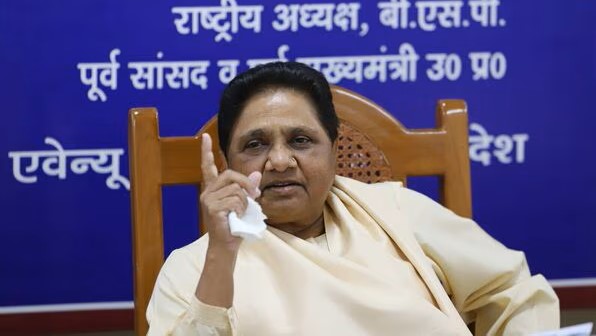7 June 2024: In the aftermath of the Lok Sabha 2024 polls, Mayawati and her Bahujan Samaj Party (BSP) have come under intense scrutiny and criticism for their alleged role in undermining the electoral prospects of the opposition INDIA bloc in Uttar Pradesh. Despite not securing any seats, the BSP’s independent candidacy significantly impacted the outcome in 16 constituencies, ultimately benefiting the BJP-led NDA.
Political analysts and commentators have pointed fingers at Mayawati, accusing her of strategically splitting the Muslim and Dalit votes, thereby weakening the opposition’s chances of victory. Her decision to contest independently instead of forming an alliance with the INDIA bloc has been perceived as a move to indirectly aid the BJP.
Critics argue that Mayawati’s motivations may have been influenced by her legal troubles and a desire to avoid potential repercussions. Despite facing pressure from secular parties to join forces against the BJP, Mayawati’s refusal to align with the opposition has raised questions about her commitment to protecting the Constitution and secularism.
Mayawati’s recent statements, where she seemingly blamed the Muslim community for her party’s electoral setbacks, have further fueled controversy. Her assertion that Muslim voters did not support BSP candidates has been met with backlash from various quarters, including political leaders, activists, and intellectuals.
Moreover, Mayawati’s decision to field a record number of Muslim candidates has been interpreted as a deliberate attempt to fragment the Muslim vote bank, ultimately benefiting the BJP. However, this strategy backfired as none of the BSP’s Muslim nominees managed to secure significant support.
The data released by the Election Commission of India highlights the specific constituencies where the BSP’s presence affected the electoral outcome. In several key seats, the margin of victory for NDA candidates was smaller than the number of votes garnered by BSP contestants.
Critics have accused Mayawati of prioritizing her political interests over the welfare of marginalized communities, particularly Muslims and Dalits. Her refusal to acknowledge her party’s decline and reliance on divisive tactics has sparked outrage among voters and activists alike.
In light of these developments, there is a growing call for introspection within the BSP and a reevaluation of its political strategies. The widespread condemnation of Mayawati’s actions underscores the need for inclusive and principled leadership in Indian politics, especially during times of heightened communal tensions and polarization.




